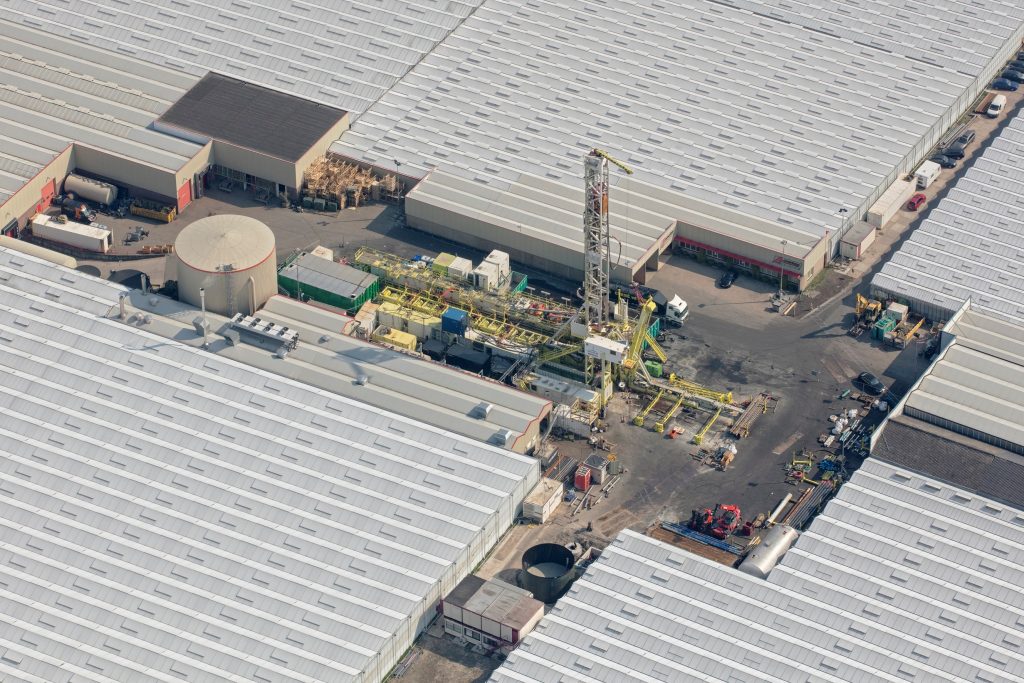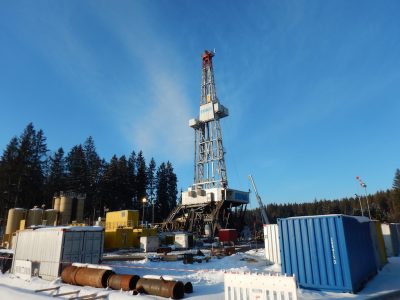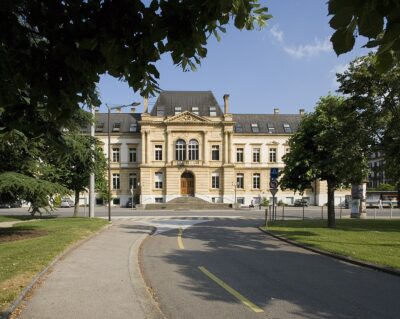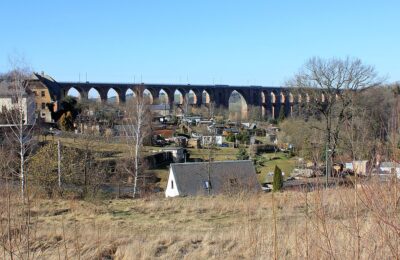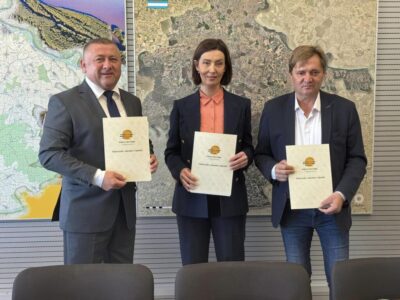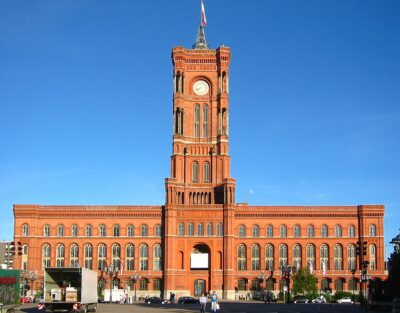Dutch geothermal developer and operator with eyes on Germany
In pushing its geothermal activities beyond the Netherlands, Dutch developer and operator Yeager Energy sets its eyes on Germany.
Dutch geothermal company Yeager Energy from the Netherlands, an operator of geothermal energy systems and district heating networks, recently joined the German Geothermal Association (Bundesverband Geothermal). In an interview with the association, Robin Hamersma answered some questions on the background of the company, the interest in Germany, and what lessons Germany can learn from the Dutch geothermal development.
Yeager Energy B.V. is an integrated developer and operator of Deep Geothermal Energy and (smart) District Heating Networks. Our vision is to become an industry leader in the safe supply of sustainable, reliable and affordable heat to residential customers, the industry and the greenhouse sector. Our aim is to establish a significant business in The Netherlands using the latest technologies and expand internationally by applying for new licenses, through acquisitions of companies and licenses as well as through co-operations with other license holders. Yeager has an integrated approach to developing and operating projects (deep geothermal energy and sustainable district heating networks and may include other forms of sustainable heat) as it believes that this is the most efficient way of providing sustainable, reliable and affordable heat to its customers. Yeager has received a significant investment to support and grow its business from energy focused investment fund Kerogen Capital. Yeager has recently acquired a heating network company and has a participating interest in a geothermal system (2 doublets) jointly with Shell Geothermal and two greenhouse horticulture firms. First production is expected in 2024. Today, the company has applied for three different geothermal licenses and is in discussions to enter several existing licenses.
Eyes on Germany
Parallel to the company’s developments in The Netherlands, it seek to expand our business further within Europe. It sees Germany as a potentially interesting market for the provision of sustainable heat and power through geothermal energy. The sustainable power market is already an established business in Germany. The company believes that the sustainable heat market offers a lot of potential throughout Germany and is currently investigating this market. At the same time – so Robin Hamersma – “we do not rule out taking a position in the geothermal power market. We would therefore like to invite anyone with ideas or proposals to contact us. Recently joining the German Geothermal Association (BVG) is seen as a way to achieve that. In addition, many German firms are offering vital services to the geothermal energy sector in The Netherlands (e.g. well drilling, well logging, artificial lift, casing & tubing supply, etc.) but there may be other (innovative) firms whom we have not met and may be interested to supply their products and services to Yeager Energy.”
The popularity of geothermal in the Netherlands and how the market is evolvoing
The application of geothermal energy in the Netherlands is focused on heating only as the formation water temperatures do not exceed 100°C. It was the high-tech greenhouse sector in the West of The Netherlands who have been the pioneers in introducing geothermal energy at scale in their greenhouses starting some 15 years ago. The greenhouse sector is a major industry sector in The Netherlands and offers a concentration of hi-tech horti-/agricultural production, delivery, trade, distribution and processing companies, all strongly interlinked. One of the goals of this sector is to become much more environmentally sustainable. The sector still uses vast amounts of natural gas for heating but also uses the latest technology like robots and autonomous drones and has become the second largest food producer in the world (after the USA) with some EUR 5 billion in exports per year.
Following the 2015 Paris Climate Agreement, the Dutch Government has had high climate ambitions and has adopted several climate related laws and a climate agreement. The climate law sets targets of reducing greenhouse gas emissions of 49% in 2030 and 95% in 2050 (ref. 1990) as well as electricity generation to be 100% climate neutral in 2050. In addition, the Mining Law is amended to support geothermal energy and a new heat law for district heating networks using sustainable forms of heat supply is being finalised. To facilitate this, government subsidy schemes have been adopted to guarantee top-up revenues for 15 years for geothermal operators (providing revenue predictability), to promote new technology and innovation and to insure against geological drilling risks.
Following the greenhouse sector, now more and more operators, including Yeager Energy, are expanding their operations to the industry sector (for space heating and cooling as well as for industrial processes) and the built environment sector – residential, offices and utility buildings (space heating and cooling) or combinations of these sectors. In the last two years Engie made a country-entry and Shell established a geothermal energy company in the Netherlands.
Unlike solar/PV and wind turbines, geothermal energy is produced with a very small footprint (1 hectare can provide heat for up to 10,000 residences) making use of low facility building structures (no horizon ‘pollution’) and essentially it generates no noise – in a small and densely populated country such as The Netherlands this carries many benefits and supports the societal acceptance of geothermal energy.
Source: Interview shared by company
Note: The interview was adapted for this article.
